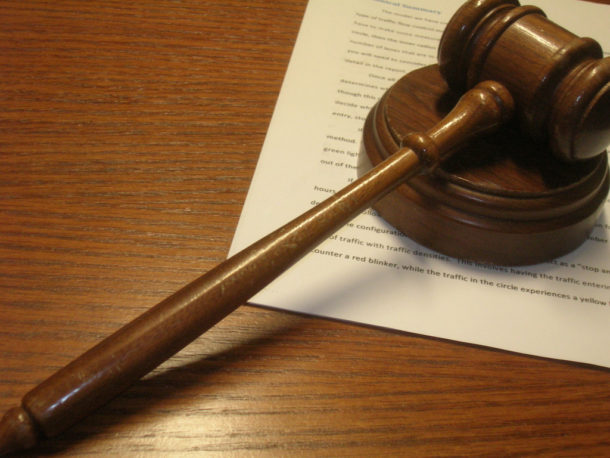Lawyers for Orianna Health Systems last week asked a federal court to include landlord Omega Healthcare Investors (NYSE: OHI) and various other parties in a blanket protection against lawsuits during its bankruptcy proceedings.
When the 43-facility skilled nursing chain filed for Chapter 11 bankruptcy protection last month, Orianna by default received a stay against all litigation outside of bankruptcy court. That function of the bankruptcy code effectively places on hold the liability, personal injury, and other lawsuits pending against Orianna and its direct affiliates, allowing the company to retain as much money as possible for the creditors.
“One of the sacred tenets of bankruptcy law is the ‘automatic stay’ — the notion of giving the debtor, like Orianna, some breathing room to preserve the debtor’s assets, provide temporary relief from creditors, and avoid races to the courthouse steps,” George R. Mesires, leader of the Senior Housing and Care practice at law firm Faegre Baker Daniels, told SNN.
But that shield doesn’t apply to suits against so-called “non-debtor co-defendants,” a category that includes Omega — the real estate investment trust (REIT) that owns the real estate associated with 42 of Orianna’s 43 SNFs — along with Eric Roth, director of Orianna operating company 4 West Holdings, LLC, and former Orianna CEO Craig Robinson.
In at least two of those cases, Orianna’s lawyers said, the plaintiffs have already filed paperwork indicating that they will continue their lawsuits against the co-defendants despite the bankruptcy proceedings.
“By obtaining this relief, the debtors hope to preserve the breathing room afforded to them by Chapter 11 and, in a measured fashion, resolve the actions against them and those they have committed to defend, thereby lending themselves toward a successful reorganization,” Orianna’s lawyers from DLA Piper, LLP wrote in the motion.
This isn’t the first time Orianna has seen courtroom intrigue related to its bankruptcy proceedings. The Department of Health and Human Services (HHS) earlier this month filed an objection to the plan, claiming that HHS and the Centers for Medicare & Medicaid Services (CMS) have jurisdiction over the transfer of Medicare provider agreements, and not a bankruptcy court.
In essence, the government argued that Orianna was trying to circumvent the normal process for operator transfers, thus potentially leaving CMS on the hook for overpayments or potential penalties that the buildings racked up prior to the transfer.
“In an apparent nod to the strength of CMS’s objections, the debtor filed a revised proposed order that capitulated to CMS’s objection,” Mesires said.
In that updated filing, Orianna allowed that CMS has ultimate control over provider agreements, and clarified that any new operators would agree to assume Medicare liabilities associated with the buildings as part of the deal, Mesires said.
“It seems that this revised order is providing a blueprint for a negotiated tripartite settlement among CMS, Orianna, and any new operator with respect to any potential claims — including for overpayments or civil penalties — by CMS relative to the Medicare provider agreements,” he said.
Under the terms of the Chapter 11 plan, Orianna will transfer the operations of 23 facilities to new providers, with 19 to be sold outright by the end of this year.
A federal judge will hear the argument over the lawsuit freeze in the U.S. Bankruptcy Court for the Northern District of Texas, Dallas Division, on May 22.
Reuters and Westlaw Practitioner Insights first reported on the existence of the motion.
Written by Alex Spanko



